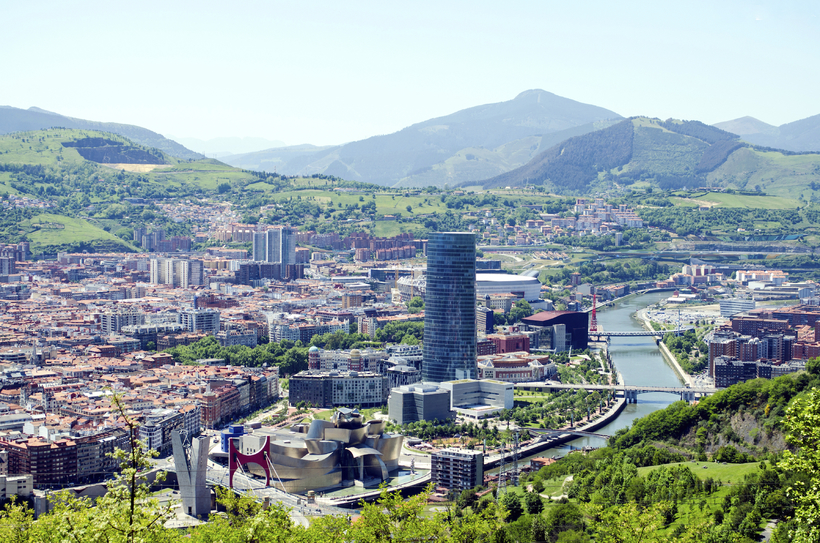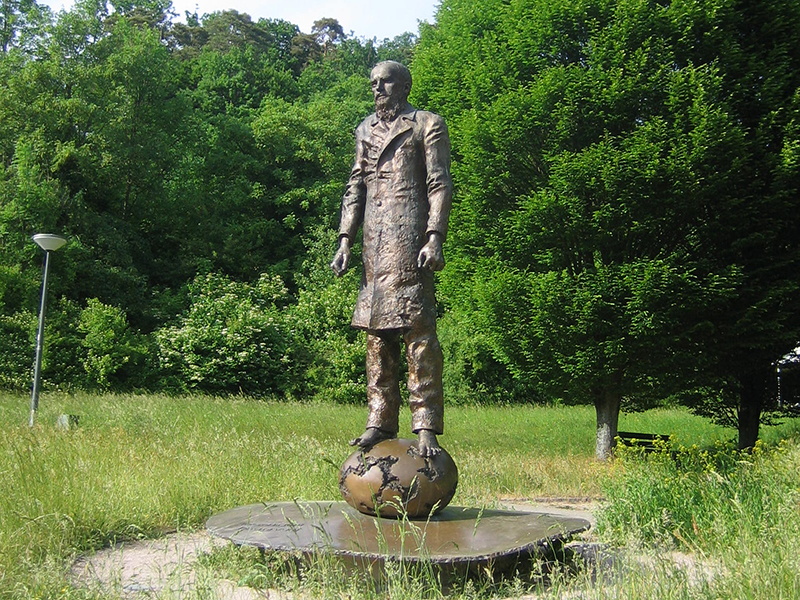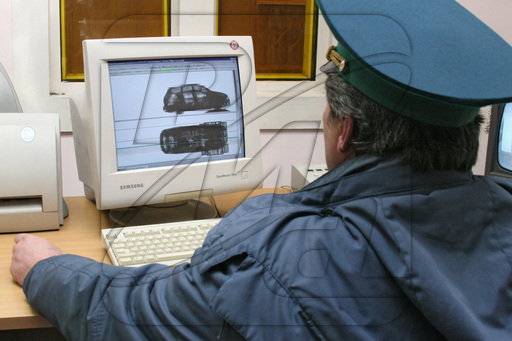Basque - the most mysterious people of Europe
On the border of Spain and France, one of the most amazing peoples of Europe lives in the mountain area on the coast of the Biscay Bay - Basque. There is still no consensus among scientists about their origin, and a unique language does not have the nearest relatives not only among European languages, but also around the world.
Basks do not have their own state, but they live on the territory called the Basque Country, which is located in the Pyrenees, mostly in Spain, as well as in France. Despite the millennia of life next door to other European ethnic groups, bacas managed to preserve their unique language and their culture almost unchanged. To date, only part of the Basque speaks in his native language - about 1 million people, and the total number of basks in Europe is estimated at 3 million people. In addition to European representatives of this people, there are about 10 million Basque and their descendants who immigrated to the different countries of the New World in the world.
Location of Basques on the border of Spain and France
Basque language, which is called Euskar, one of the few, whose place in the world classification of languages \u200b\u200bhas not yet been determined. Linguists do not belong to any of the well-known families and groups due to its high uniqueness. Attempts have been made to find general connections between Euskar and the Arabic language, Japanese and the languages \u200b\u200bof the nomadic tribes of West Africa, as well as with the dialects of the peoples of the Caucasus. It is possible to consider reliably established that the Basque language comes from Aquitanian, common in Aquitain to conquering by the Romans and existed to early Middle Ages. Not so long ago, French linguists have proven that Euskar is an autonomous language, which formed about eight thousand years ago and since then it is developing independently. The researchers recognized the tongue of Euscar the only Dorim language of Europe, which was preserved to our time.
 In the photo: Bilbao - the largest city of the Basque Country
In the photo: Bilbao - the largest city of the Basque Country Desperate to find out the origin of the Basque with the help of language affiliation to a particular group, the researchers appealed for help from genetics. But they rather added riddles than made clarity to this question. It turned out that the Basque Genetic Plan is also far from all nations of Europe and have a high degree of uniqueness. After studying the DNA of the Basque, scientists concluded that those are descendants of farmers of the first wave of immigrants, which penetrated to Europe about 7,500 years ago. And their unique genetics is due to long-term isolation from all other ethnic groups and peoples, including from subsequent immigrants from other continents. But other specialists adhere to another point of view, according to which this people live in Europe for at least the last 35 thousand years. Archaeologists conducted the burial studies found on the territory of the Basque countries dated by different periods. They did not find any evidence that allows us to talk about changing the composition of the population in this area throughout the entire time, from Krohanyonians before the appearance of the Romans. Therefore, the versions of their immediate origin from the Cromanons who lived in this territory are nominated.

Another distinctive feature of the Basque is the highest among all European peoples, an indicator of a negative reserves of blood, giving up to 25%. Another interesting feature is a significant predominance of carriers of the first blood group (up to 55%), while the third blood group at Basque is practically not detected. According to researchers, it was originally a bask who had only the first and second blood groups, and the third in the minimum number appeared as a result of their partial mixing with other peoples.
Thus, the point in determining the origin of the Basque is not finally delivered. Researchers still have a lot of work. Perhaps in the future, with the advent of new methods and technologies, we learn the history of the origin of this original and in many ways of the unique people of Europe.



